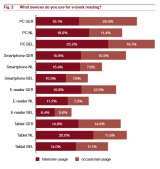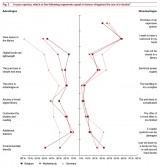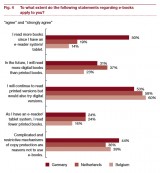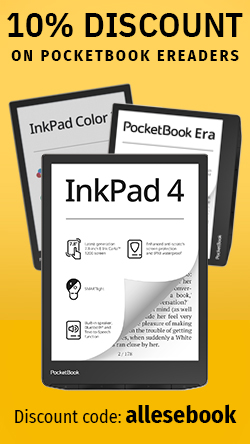Comprehensive Analysis of the German eBook Market: Trends in Device Usage and Consumer Preferences

Even though one can gauge the development of the eBook market to some extent by looking at everyday practical usage—and thus easily determine that the popularity of digital books is growing—studies are always welcome for a clearer picture of the current situation. PWC has now released a new study that examines the eBook markets in Germany, Belgium, and the Netherlands. The main focus was on eBook usage during the winter of 2013/2014. In Germany, 1,000 individuals between the ages of 18 and 65 were surveyed to collect data.
The study begins with an overview of device usage. A few weeks ago, there was another survey from GfK, which surprisingly showed a high number of smartphone users among eBook readers, while eBook readers lagged far behind in last place (60 to 25 percent). In the PWC study, the distribution appears more balanced, partly because it distinguishes between intensive and occasional device usage.
eBook Readers in Positions 1 and 4
Thus, PCs rank first with a total of 35.1 percent usage for reading eBooks, smartphones are second with 31.3 percent, tablets are third with 29.5 percent, and eBook readers are in fourth place with 27.9 percent. On one hand, the gap between different devices is not as wide as in the GfK ranking; on the other hand, the ranking even looks entirely different when you consider the intensity of usage.
The eBook reader ranks first with 15.9 percent intensive usage, with smartphones close behind at 15.8 percent, PCs at 15.1 percent in third place, and tablets in last place with 14.9 percent. As you can see, the devices are much closer in ranking here, with dedicated reading devices with E-paper displays not lagging at the bottom but rather (barely) at the top.
Regarding the greatest advantages, the following points are among the top 3:
- Saves space (77 percent)
- Lightweight (50 percent)
- Shopping is easy and convenient (43 percent)
The three biggest disadvantages are:
- Not holding a real book in your hands (57 percent)
- The necessary purchase of an expensive device (42 percent)
- Dependency on power (37 percent)
DRM is Rejected, eBook Prices Should Be Lower
About 23 percent of Germans feel it’s a disadvantage that eBooks cannot be lent or resold (used). Only about 29 percent of respondents consider the low price of eBooks an advantage, but the majority demands that the prices should be (significantly) lower than printed books. Unfortunately, these numbers are not broken down by country, but overall, 45 percent state that the price should be significantly lower, and another 14 percent think there should at least be a small price advantage for eBooks.
The rejection of DRM is also very clear: 44 percent of respondents state that complicated and restrictive mechanisms for copy protection are reasons not to use eBooks.
While 50 percent indicate they read more since owning a tablet or eBook reader, only 24 percent say they read fewer printed books because of it. Only 31 percent believe they will read more digital than printed books in the future.



